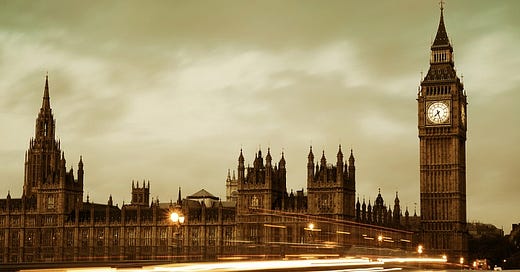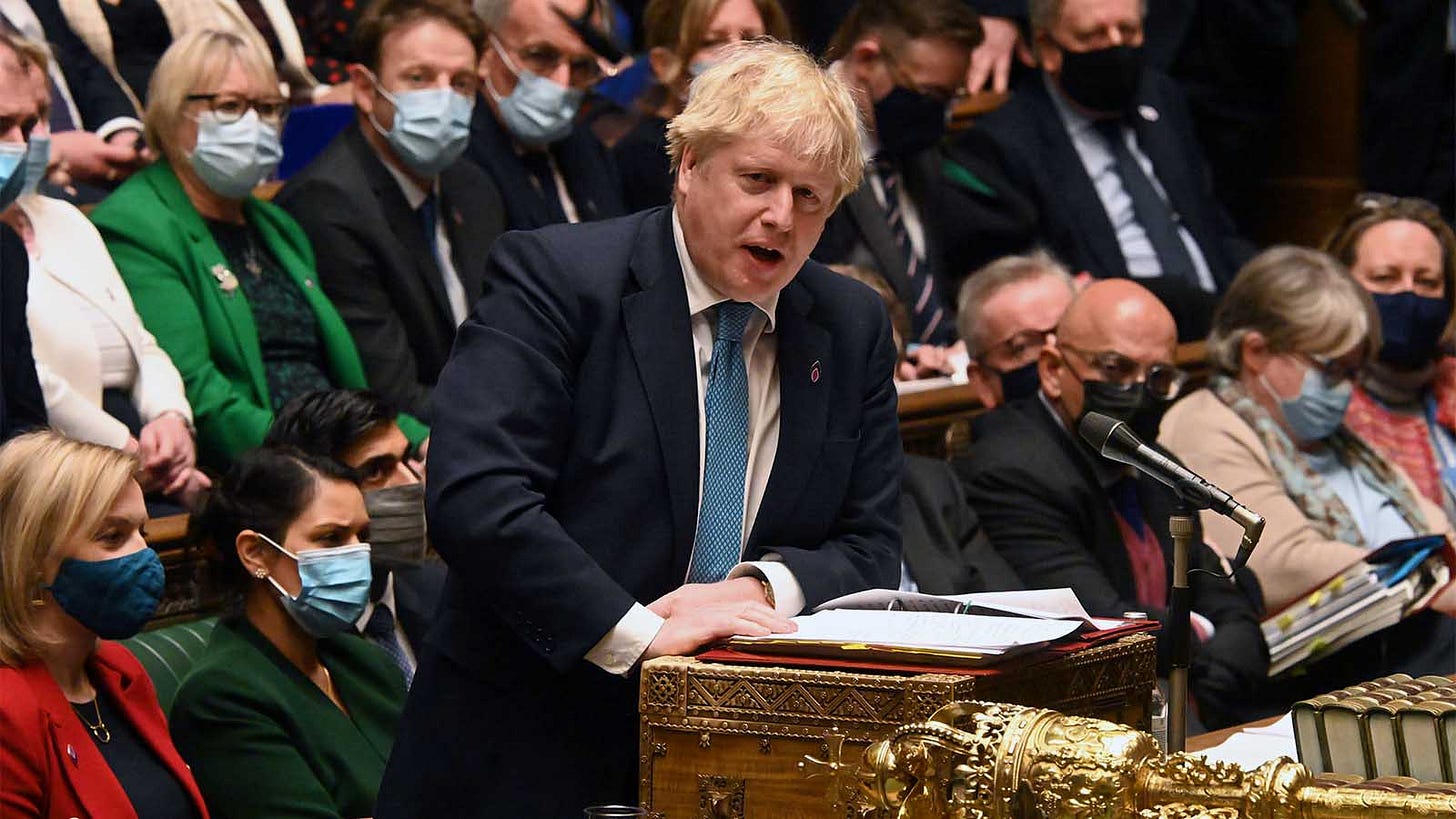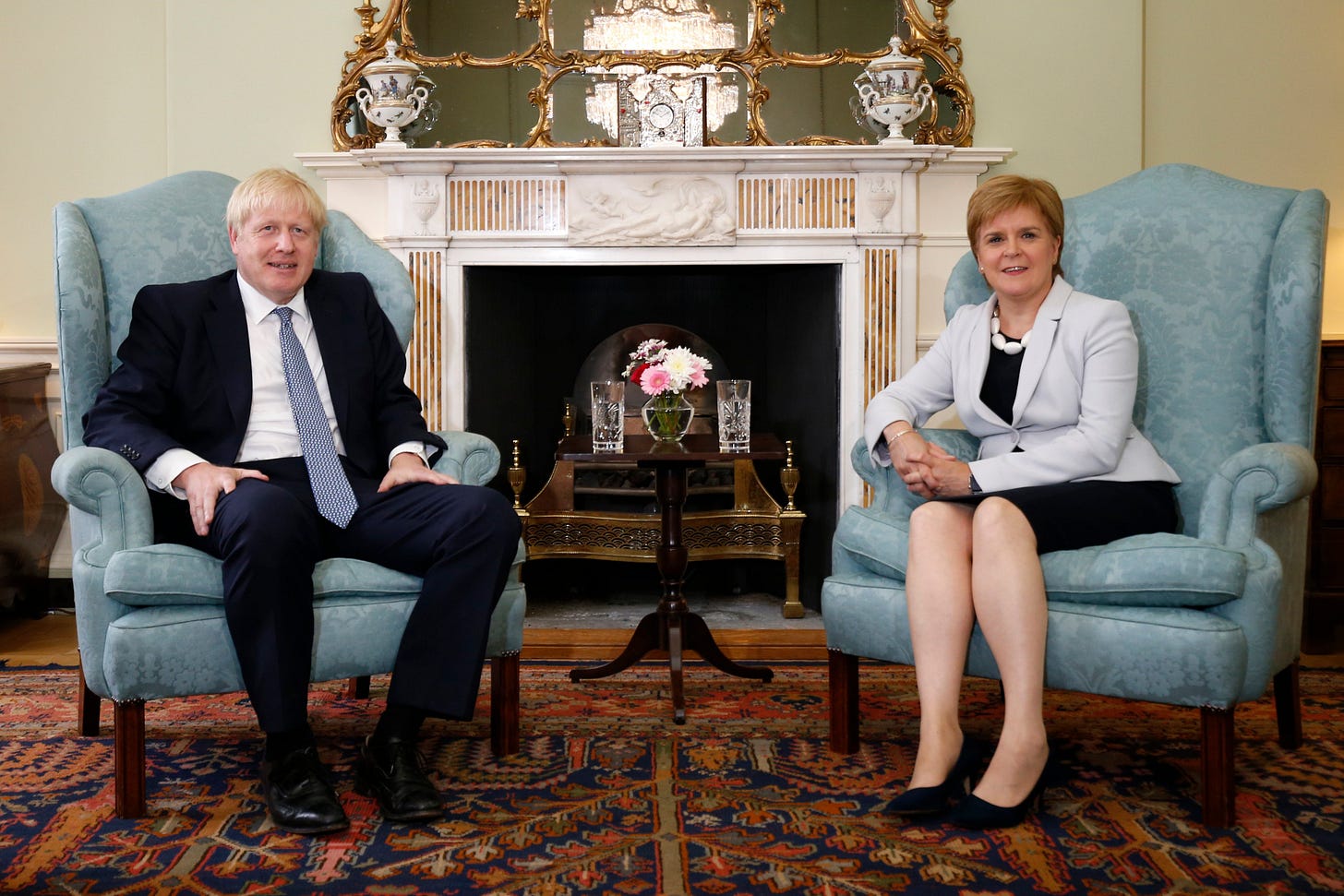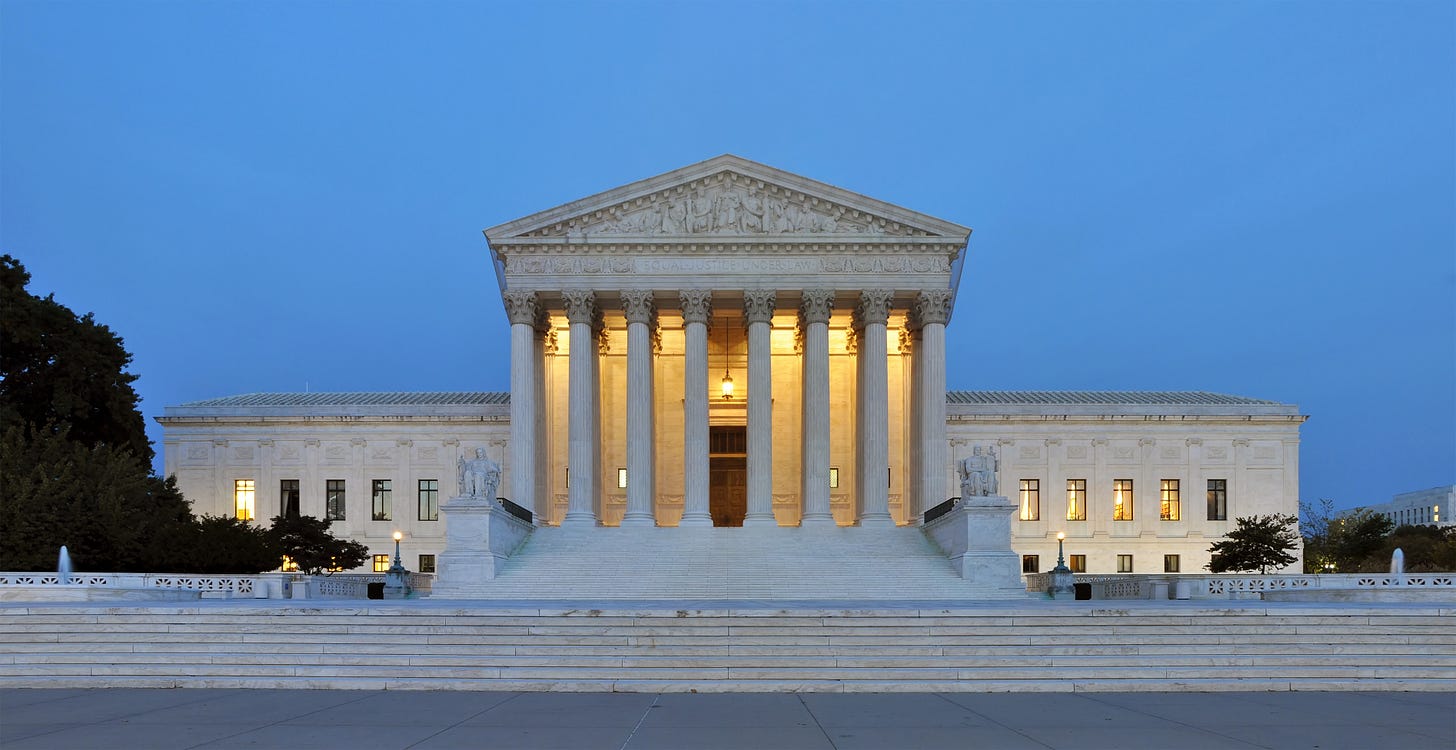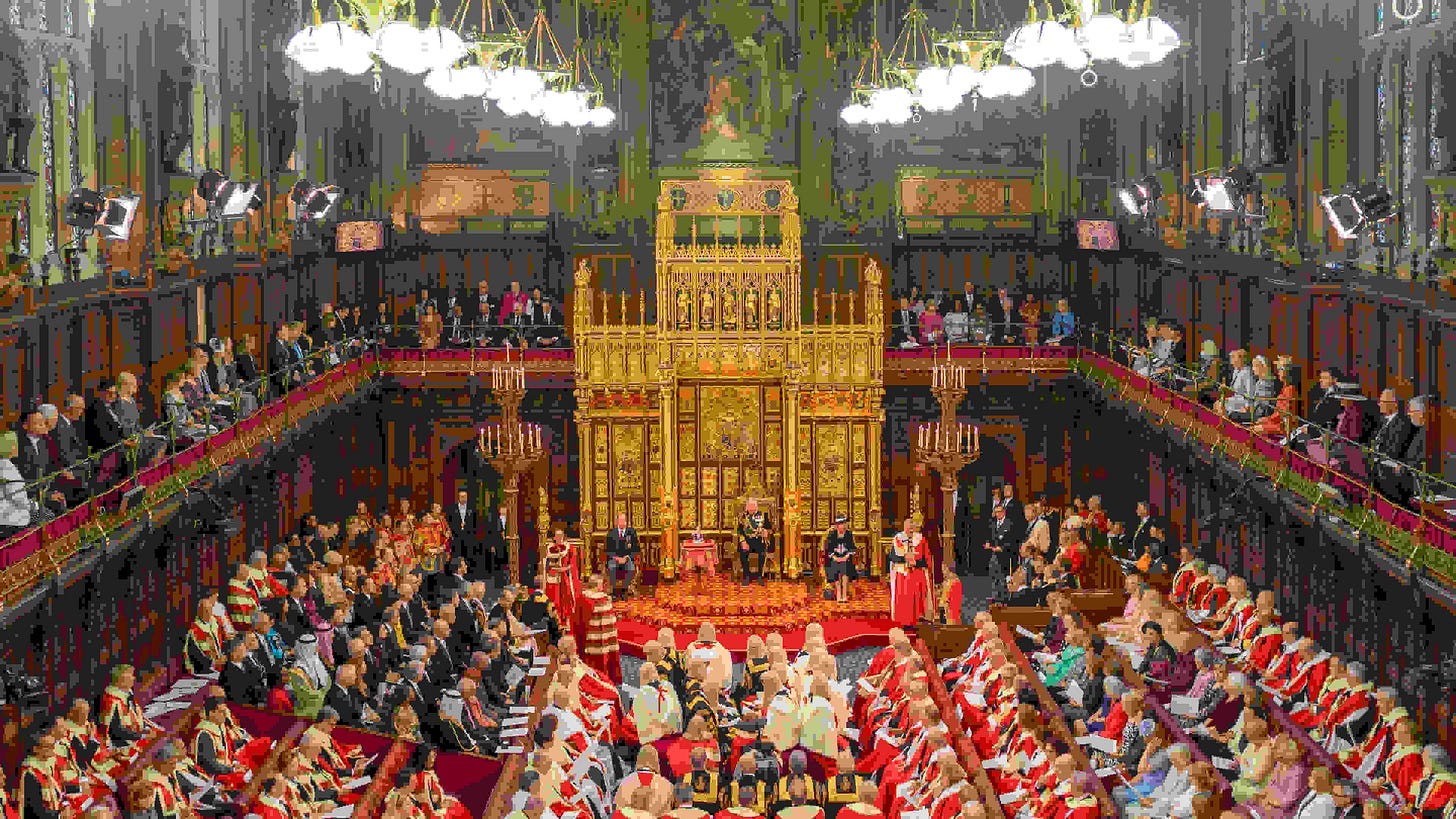Britain's Unwritten Constitution: Fit for the Modern Era
The UK constitution is famously uncodified, but this does not mean it is inadequate, as I shall explain.
The UK constitution is the most ‘flexible polity in existence’ and its core principles have ensured stability and prosperity. Codifying our constitution would necessitate changing or merely restating these principles.
Flexibility and Adaptability
Flexibility is our constitution’s greatest advantage, allowing it to respond to any societal, political or cultural challenges. For instance, the power dynamic in Parliament has shifted over time, as the Commons has slowly become dominant, in contrast to when monarchs like Henry VIII ruled via proclamations. Modern day attitudes favour the legislative supremacy of the elected and accountable MPs in the House of Commons, hence the Lords and the Monarch have been suppressed. Our constitution is able to update itself to any era, and maintain compatibility with contemporary attitudes.
British politics is defined by compromise, pragmatism and debate. We have always been able to respond to changing circumstances within society, such as the increasing government intervention required to temper the affects of industrialisation in the 19th century. When we look back at our history, we see recognisable aspects but some things that are notably different , highlighting the evolutionary nature of our system.
Tradition
The unquestioned pre-eminence of parliament is another advantage. In the UK, the elected and accountable parliament of the day is the sovereign, meaning it is able to respond to modern challenges without being constrained by any past parliaments or an entrenched constitution.
This ensures that public opinion and the expertise of politicians contribute to the evolution of our politics together. This is reaffirmed by ongoing and never-ending government by consent. The emphasis on gradualism and tradition has ensured we have avoided revolutionary politics seen in other countries.
As Philip Norton noted, the House of Lords is now a complimentary chamber, comprised of experts who give highly informed and valuable scrutiny of legislation. The unique blend of tradition and modernity that characterises our constitution ensures that we keep what works and update things gradually to suit modern times. This is facilitated by our flexible constitution.
Challenges to this notion
Many will argue that our constitution being uncodified means it is vague and can be abused easily. Unlike the USA, we have no defining constitutional moment, and rely on ordinary statute law to alter our constitution. The argument goes that a written constitution, like in America, could enhance clarity and protect our valuable traditions from erosion by modernists.
The weak protections of our unwritten constitution have allowed for subversion of historical tradition in recent decades. For instance, the devolution of power to Scottish Parliament contradicts centuries of traditionally central Westminster governance. In theory parliament can override their laws and disband it entirely, but this would be political suicide. In reality, Blair’s devolution plan has circumvented the traditional constitutional makeup of the UK, that has kept our union united.
Prime Ministers have also used the whipping system to ensure dominance of parliament, made possible by the vagueness of our constitution. It affirms the idea of an elective dictatorship, as a Prime Minister can penalise individual MPs for voting against their party.
Comparison with US constitution
Separation of powers is fundamental to the US constitution, and it clearly defines the powers and responsibilities of the 3 branches of government. However, the US constitution is also ambiguous, hence why its true meaning is fiercely debated. The Supreme court, which is intended to interpret, merely resolves a specific dispute among specific parties at a specific time and does not definitively say what the constitution meant. Codification does not guarantee clarity, as the clauses can be interpreted differently, influenced by political motivations.
The US constitution is defined by negative liberty, evidenced by it not including clauses regarding the right to vote, right to hold office, and government transparency. Meanwhile, some clauses that lack any contemporary relevance remain, such as the ‘freedom of quartering of troops’. This highlights the fact that no constitution can cover everything, and its partialness provides more questions and vagueness than an uncodified system.
Uncodified?
Referring to our constitution as uncodified is misleading, as it draws from various sources that are not neatly compiled in one place. The Comparative Constitutions project compiled all constitutional statutes and their final document exceeded 700 pages and 225 thousand words. The project’s leader James Melton concluded that the UK has ‘the longest and arguably, the most complex constitution in the world’.
Many draft constitutions have been produced, but implementing one would be a highly significant moment and thus impossible to agree upon. It would be an opportunity for parties to enshrine their political agenda into a constitution, knowing that it would remain for the foreseeable future.
Conclusion
To conclude, our constitution remains fit for purpose in the modern day. It is uniquely complex, but the key concepts of parliamentary sovereignty and the rule of law, ensure its continual relevance. Entrenching a written constitution would undermine our elected MPs, and would freeze our political system in time, contradicting our long history of evolutionary change.
Reform is necessary in certain areas, but codification of our constitution would not solve these issues and would either reaffirm current principles or make them worse. It would break the backbone of our constitution, as parliamentary sovereignty would be subverted by a US style system, whereby an unelected and unaccountable court would enforce a document based on individual interpretation.
Not only is our unwritten constitution still fit for purpose, but no opposing proposals would fix any of the current issues. The gradual and slow evolution of our politics has been successful, and to resolve its inadequacies requires more evolution, and not a revolution in the form of a written constitution.


